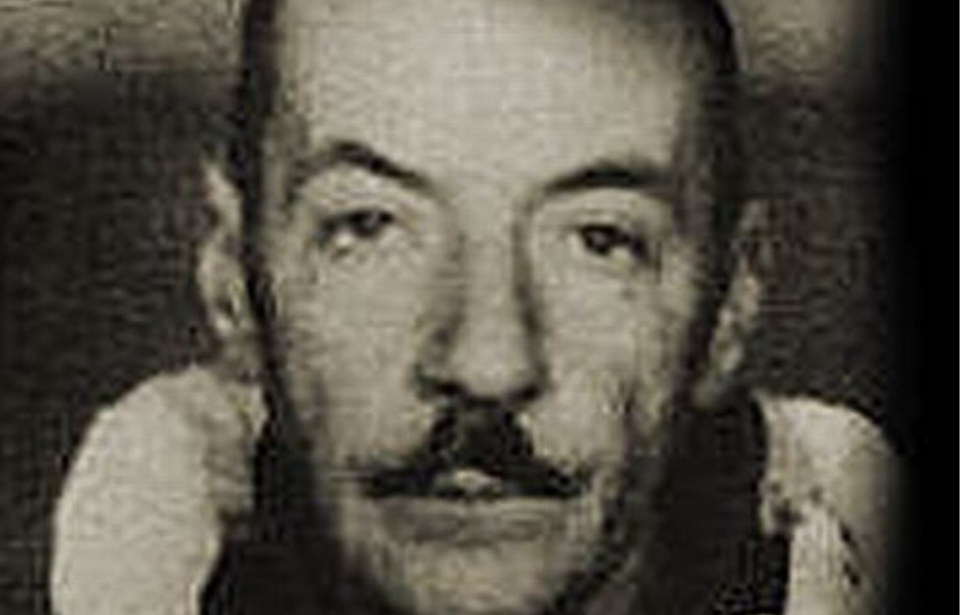There’s one Göring who comes to mind when people think of the Second World War, yet some may be surprised to learn there was actually another who played his own unique role in the conflict. Known as the “good” Göring brother, Albert went against everything his sibling stood for. He decried Hermann’s political beliefs and went so far as to actively work against him and the National Socialist German Workers’ Party (NSDAP).
Albert Göring’s upbringing
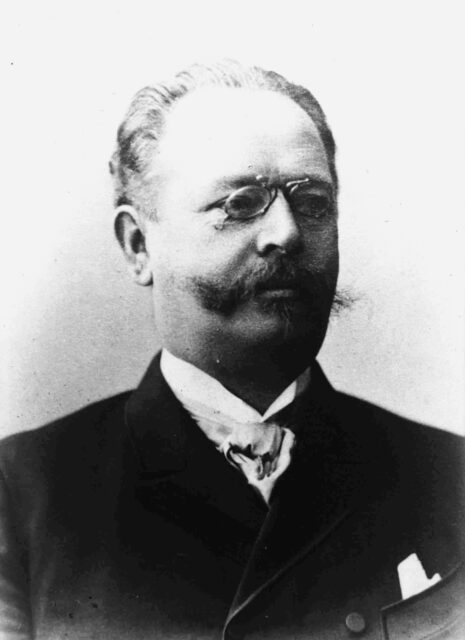
Albert Göring was born on March 9, 1895. His father, Heinrich Göring, was the former Reichskommissar in German South West Africa and served as the Consul General to Haiti.
As the children grew, the family moved in with their godfather of Jewish descent, Hermann Epenstein Ritter von Mauternburg, who looked after them while their father traveled for work. It wasn’t long before Albert’s mother and Epenstein began an affair. This led many to question whether he was Albert’s real father, meaning that, under the future Nuremberg Laws, he would have been considered part-Jewish.
During the First World War, he enlisted in the Imperial German Army as a signal engineer. When the conflict ended, he decided to make his own way as a filmmaker, but the rise of the NSDAP changed everything.
Resisting the new regime
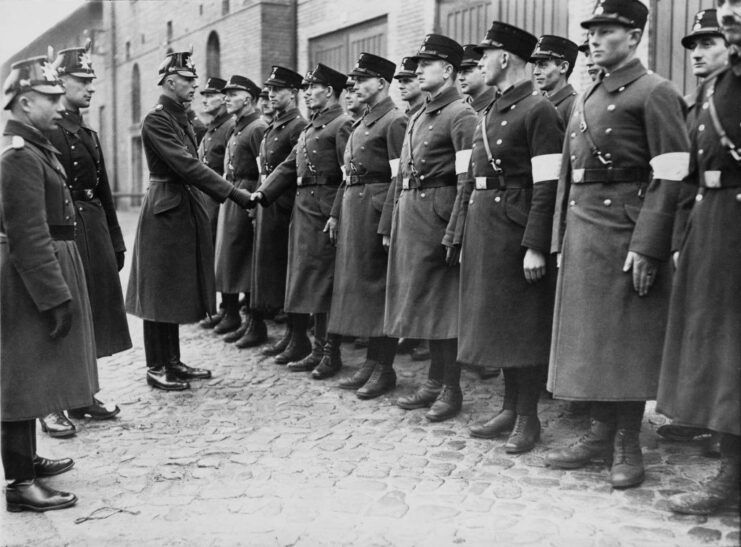
While Albert Göring detested the new regime, Hermann dedicated himself to it with fervor, quickly becoming one of the party’s leading members. By 1935, he was in command of the Luftwaffe, and five years later was made Reichsmarschall of the entire German military. Needless to say, it was extremely helpful for Albert to have such a high-ranking connection.
As time went on, his distaste for the party grew into outright rebellion. Supposedly, his first act of defiance was to arrange exit visas and secure funds, so his many Jewish friends could escape the country that was growing increasingly hostile toward them.
Another account says that when he came across a group of Jewish women who were forced to scrub the street, he stepped in to help them. When the overseer checked his identification, he quickly put a stop to it because of who Albert was. This was the first of many instances where his last name came in handy.
When the Second World War broke out, Albert’s actions only intensified – he smuggled Oskar Pilzer, his former boss, and his family out of the country.
A powerful name drop
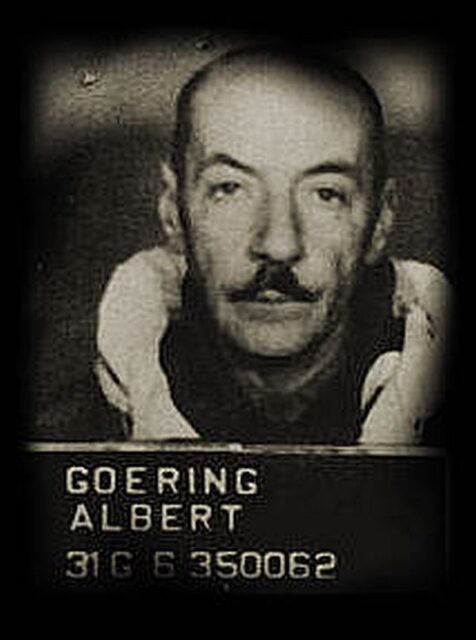
While employed as the export director at Škoda Works in Czechoslovakia, Albert Göring passed information from his brother to the Czech resistance, consisting of top-secret U-boat pen locations and Germany’s plans to invade the Soviet Union.
Albert’s most impressive feat came when he freed prisoners from Theresienstadt Ghetto in 1944. He drove up to the gates and told the guards he needed workers. His familial connections afforded him entry and he collected a truckful of prisoners, whom he released once they were a safe distance away.
Perhaps the most interesting part of Albert’s exploits against the German regime was that his brother knew all about what he was doing, yet continued to protect him. By 1944, orders were given to shoot him on sight, which never happened. He later said, “My brother told me then that it was the last time that he could help me, that his position [had] also been shaken, and that he had to ask Himmler personally to smooth over the entire matter.”
Albert Göring is captured by the Allies
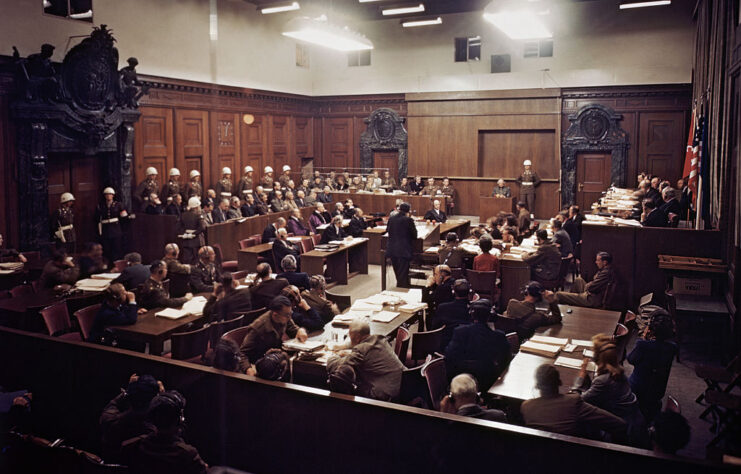
At the end of the war, Albert Göring, like his brother, was arrested and questioned at the Nuremberg Trials. Fortunately, those whom he’d helped escape testified on his behalf and he was released. Shortly after, he was arrested again, this time by the Czechs, who also released him after it came out that he’d acted against Germany while working at Škoda Works.
After finally being cleared in 1947, Albert lived out the remainder of his days in Germany. His life, however, was essentially in ruin. Despite his efforts to aid those facing persecution, he was ridiculed and shunned because of who his brother was. He was unable to obtain permanent employment, instead working when he could as a translator and writer. He also lived alone, as his wife left him when she discovered he’d engaged in a number of affairs.
The remainder of his days

In the years before his death, Albert Göring’s only source of income was his government pension. He married his housekeeper in 1966, so that, when he died, the money would be passed on to her. He died in December of that year, at the age of 71. At the time, his actions during the Second World War still hadn’t been recognized.
In the years that followed, there were a few books and documentaries which talked about him, but nothing compared to the number that focused on his brother. While Albert’s story is now better known, he still hasn’t received official recognition or thanks.
After a review of William Hastings Burke’s book Thirty Four was published, calling for him to be recognized by the Yad Vashem memorial, officials announced, “There are indications that Albert [Göring] had a positive attitude to Jews and that he helped some people, but we do not have sufficient proof, i.e., primary sources, showing that he took extraordinary risks to save Jews from danger of deportation and death.”
More from us: Operation Copperhead Was Almost Compromised By a Drunk Bernard Montgomery Lookalike
Perhaps one day Albert Göring will be honored for his actions during World War II. For now, it appears the good he did will be overshadowed by the actions of his brother.
